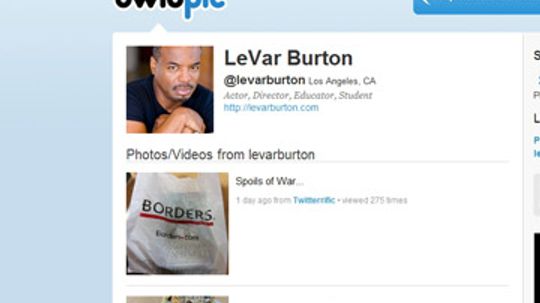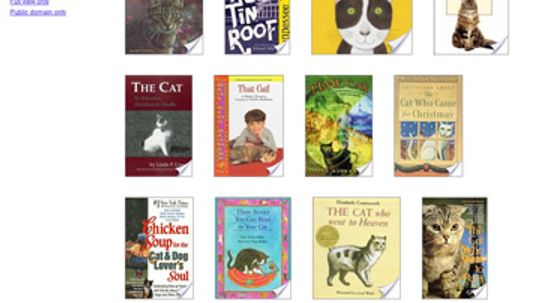Internet Technology
We look to the Internet for news, socializing, shopping, research and more. From HTML code to instant messaging, we'll break down what's really going on whenever you log on, send an e-mail, visit a popular Web site or post to a blog.
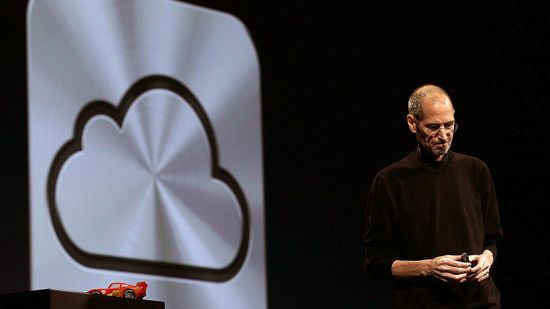
The Truth About Cloud Storage and Its Future

5 Ways to Keep Your Information Secure in the Cloud

Are my files really safe if I store them in the cloud?

Can the Internet Break From Overuse?

Could an Attack on Undersea Cables Take Down the Internet?

Constellations of Internet Satellites Will Beam Broadband Everywhere

How to Recall an Email in Outlook or Gmail

What Does CC Mean in Email?

How to End an E-Mail: 21 Professional and Personal Sign-Offs

How Do Search Engines Work? All About Ranking and Bidding

How to Access the Dark Web

How to Change the Language in Google Chrome

4 Most Secure VPN Option to Keep Your Internet Activity Private
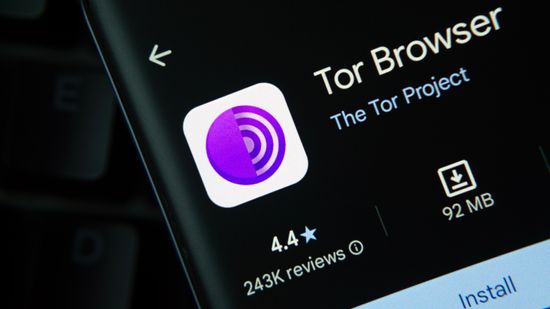
7 Most Secure Browser Options for Privacy-Minded Individuals

Looking for a Search Engine That Donates to Charity? Here Are 10
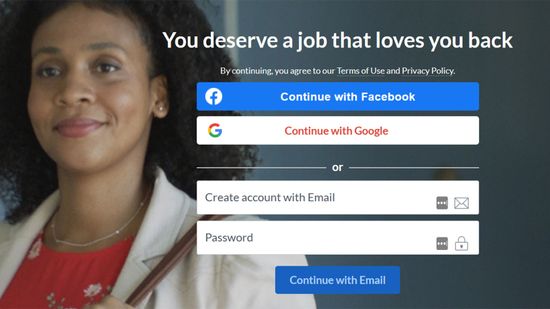
Should You Use Facebook or Google to Log In to Other Sites?
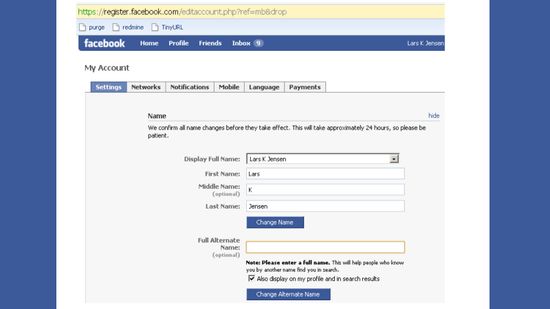
How to Change Your Name on Facebook

How to Deactivate Facebook
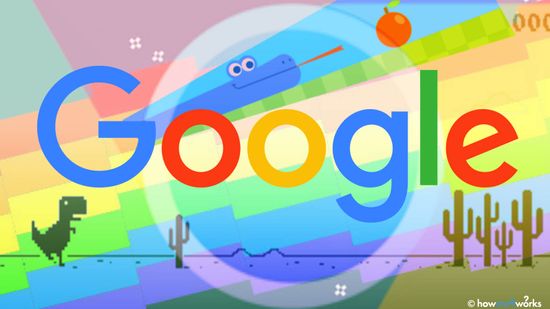
Google Easter Eggs: Sweet Treats Hidden in Plain Sight

10 Reasons Why You Should Care About Net Neutrality

WiFi Extender vs. Booster: What's the Best Choice for You?

Does Weather Mess With Your Internet Connection?

Why Does My WiFi Keep Disconnecting? 6 Easy Fixes
Learn More / Page 5
It's fun to point out the faces of people you know in real albums, and you can do the same thing with Facebook photo-tagging. Want to know how to tag someone on Facebook? Read this article to learn the steps!
These days, all sorts of people -- from celebrities to average Joes -- post pictures on Twitter. How do they do it? Find out in How Twitpic Works.
iTunes is like most other complex tools. It works well right out of the box, but it can become a powerful, personalized media manager with a few simple modifications and adjustments. So, what can you do to get the most out of iTunes?
Advertisement
You'd like to learn how to put a photo album on a Web page and share it with others. Learn in this article how to put a photo album on a Web page.
Often, the Web site you see on your smartphone is quite different from the version you see on your computer screen. How do Web servers know you're using a mobile device, and how are pared-down mobile pages designed?
Facebook is more than just a social network; it is also an advertising platform. How can you get rids of all those ads on Facebook?
Facebook is a great way to network and contact people instantly when they are online, but sometimes you may want to remain invisible. Learn how to go offline when using Facebook in this article.
Advertisement
Privacy settings on Facebook can be customized to hide certain friends. Learn how to hide friends on Facebook in this article.
Proxy servers and proxy server software can help you hide your IP address. Learn how to hide an IP address from this article.
If you have Windows 7 or Windows Vista, you'll find your temporary Internet files on your C drive. Learn how to find temporary Internet files from this article.
Your wireless network can't function without an SSID. Learn what SSID stands for in this article.
By Zach Taras
Advertisement
You can change default Facebook settings to enable or block friends from sharing specific content, such as posts or pictures. Learn how to unhide friends in this article.
Many print publications are turning to paywalls -- online systems charging visitors to access Web content -- to bridge revenue gaps. But are people who have gotten used to accessing such information gratis ready to pony up?
Amazon's new streaming music app offers customers a new level of flexibility in purchasing, storing and accessing tunes. Does the Amazon Cloud Player have the strength to muscle out its competitors in the online music market?
Building architects design spaces for us to live and work in, but what exactly do information architects do? Learn more about IA -- and how it saves us all from information overload.
Advertisement
While Facebook stipulates kids should be at least 13 to create an account, it's not that hard for younger children find a way into the social networking site. How young is too young to be on Facebook?
In a few short years, the Internet has changed the way we communicate, entertain ourselves and do business with one another. Could it eventually destroy human intellect as well?
The Internet lets you transfer information around the world in seconds. But the pieces of your file may not all get there the same way. How does all that data get where it's supposed to go without getting lost?
Sending pictures by e-mail should be a simple process no matter what e-mail service you use. How can you attach photos to your e-mail and be sure the message gets to your recipient?
By Jane McGrath
Advertisement
Point-of-sale systems started with the cash register and helped merchants streamline the way they tracked revenues. Now that these systems are going mobile, how are they revolutionizing the way consumers shop?
By John Kelly
Being an entrepreneur requires a good idea, strong business acumen and a willingness to put in long hours until your idea pays off. For some, hard work has paid off in ways the rest of us can barely imagine.
Now that the Internet has become such an important part of our everyday lives, it's hard to imagine what life would be like without it. Could the Internet collapse? What would happen if it did?
Among Google's goals is a project to scan books and make them available to anyone with access to the Internet. The idea is to spread knowledge, so why are so many people upset with the company's method for going through with the project?
Advertisement
Smartphones enable us to interact with the world around us in many different ways. Foursquare turns a night on the town into a great big game with real rewards.
Sure, you consider yourself the king of the Interwebs, but we bet you aren't familiar with all of the sites that made our gallery. Or are you? Guess there's only one way to find out.

